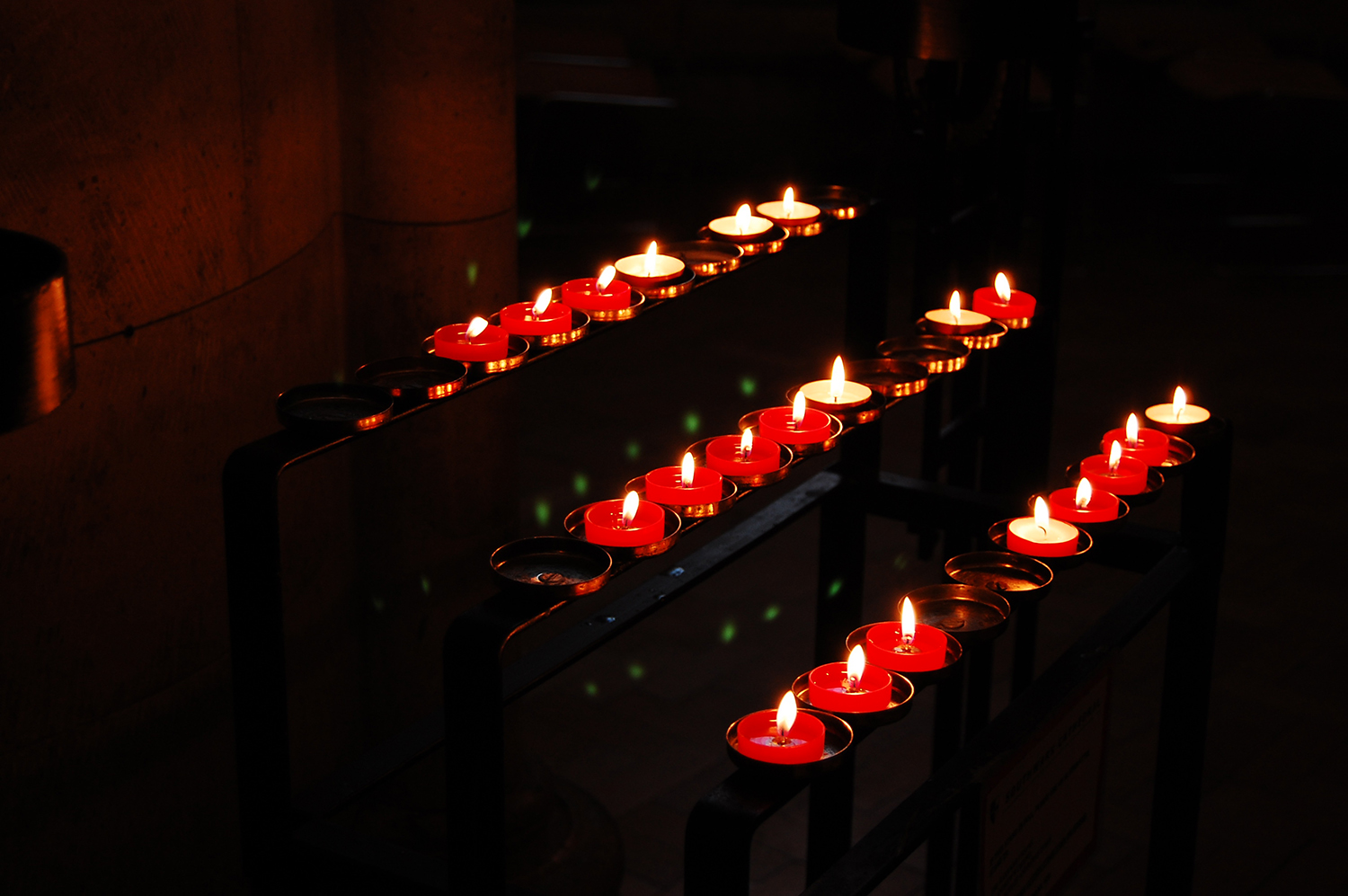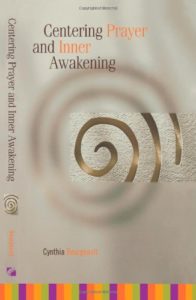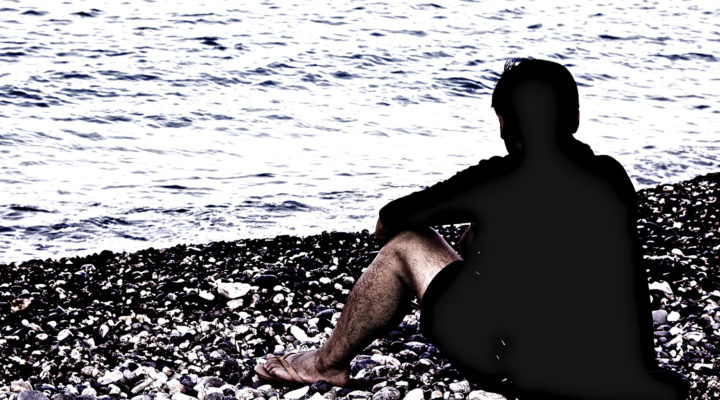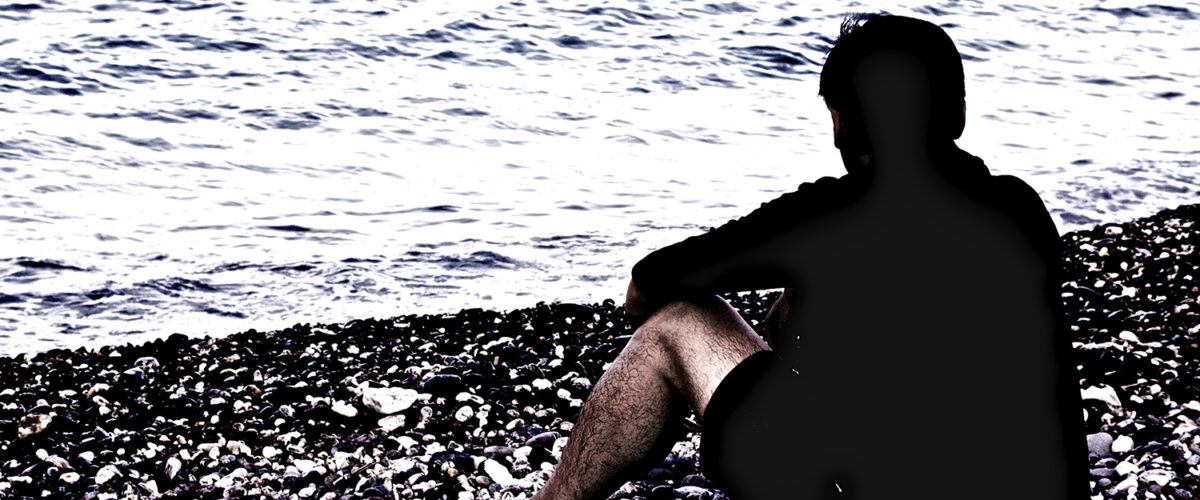Last year was an especially difficult one for folks in and around Charleston, S.C. And that includes Bill Stanfield, the CEO of Metanoia Community Development Corp.
“In the first part of 2015, my mom collapsed and died,” he said. And the grief didn’t end there.
“I live and do community work here in North Charleston where we had the Walter Scott shooting (in April) and two months later we had the Emanuel AME shootings.
As a result, Stanfield said his work with Metanoia — a faith-based, urban nonprofit — began to suffer. He became irritable and burned out.
“I was kind of overwhelmed by it all,” he said.
About at the end of his rope, Stanfield discovered the Living School, a program founded by Christian mysticism author and teacher Richard Rohr. Through it he discovered contemplative practices that helped revive his spirit and flagging enthusiasm for social justice work.

Using centering prayer and other contemplative practices can remind justice workers to rely on God for the outcomes of their labors, thus diminishing the likelihood of burnout, anger and depression, Bill Stanfield says. (Photo/Mendhak/Creative Commons)
“It’s helped me not get swept into anger or the other kinds of emotional things that go on” in social justice work, he said.
In fact it was so powerful that Stanfield wanted to share it with others, which he did in a workshop titled “Contemplation and Justice” during the Cooperative Baptist Fellowship’s General Assembly in June. The session covered the consequences that occur when spirituality and ministry become separated.
Stanfield recently told Baptist News Global about his journey from chaos to clarity in his faith and work life.
The workshop title references contemplation. How do you define that?
I’m referring to a classical … forms of prayer or of being with God by the clearing one’s mind … without agenda. It refers to meditative, centering prayer practices that allow us to bind our intention to our capabilities.
How does this practice work for you?
I became acquainted with centering prayer, a practice where you set aside some time every day and use a word you repeat to dismiss bad thoughts. My word is ‘Grace.’ It helps me with the constant barrage of thinking. For me, it’s really returned life to what I am able to do here. It’s given me a sense of the whole and reattached me to the original purpose (of ministry).
What do you mean by ‘justice’ in the workshop title?
I mean working to make the world a more just and fair place alongside with those most marginalized by the injustices of the world. Invariably, that puts you in dichotomous situations — with winners and losers. And when you’re constantly on the side of losers, it gets kind of old. It leads to burnout and all kind of things. We live in such a polarizing age.
How are contemplation and justice linked?
There is a clear link between justice and contemplation…. For me, one of the things Jesus seems to be saying is that we don’t see right, that we don’t see situations in front of us clearly – it’s our eyes not seeing, our ears not hearing. These practices help us to see more clearly and therefore make our work more sustainable. We don’t feel like we have to be on one side or other of a divide. We can understand both sides and work for something better. These practices allow you to stay engaged rather than be overwhelmed by anger.
Does contemplation remind you that you don’t control the outcomes of your efforts?
 Yes exactly right, I am not in control of the outcomes. I read Cynthia Bourgeault’s Centering Prayer (and Inner Awakening). I am not really good at it. My mind is all over the place. I set aside 20 minutes every morning and on a good day I’ll have a minute and a half of actual silence. But the benefit doesn’t come from having no thoughts, but from nurturing the intention to return back to God.
Yes exactly right, I am not in control of the outcomes. I read Cynthia Bourgeault’s Centering Prayer (and Inner Awakening). I am not really good at it. My mind is all over the place. I set aside 20 minutes every morning and on a good day I’ll have a minute and a half of actual silence. But the benefit doesn’t come from having no thoughts, but from nurturing the intention to return back to God.
What happens when contemplation and justice are separated?
I think we get really angry. Rohr says we all have trauma and that being involved in social justice work is to experience your trauma or the trauma of others. And we transform or transmit that trauma. Without that source in my life there is a sense of burnout, a sense of running on fumes, a tendency to get angry or wrapped up in things more than I should, or a sense that it was all up to me (to solve problems).


